Cardiac Medications: What They Do and How They Help Your Heart
Cardiac medications play a vital role in the treatment and management of heart conditions. Whether you're living with high blood pressure, heart failure, atrial fibrillation, or coronary artery disease, the right medications can improve symptoms, reduce risk, and help prevent serious events like heart attacks or strokes. This guide explains the most common types of heart medications, how they work, and which conditions they treat.
1. ACE Inhibitors and ARBs (Angiotensin-Modulating Drugs)
What They Do:
ACE inhibitors (like Ramipril, Lisinopril) and ARBs (like Losartan, Candesartan) help relax blood vessels and lower blood pressure by blocking the hormone angiotensin, which narrows blood vessels.
Conditions Treated:
High blood pressure (hypertension)
Heart failure
Post-heart attack
Chronic kidney disease (especially in diabetics)
Benefits:
Lowers blood pressure
Reduces strain on the heart
Slows the progression of heart failure and kidney disease
2. Beta Blockers
What They Do:
Beta blockers (e.g., Bisoprolol, Atenolol, Metoprolol) reduce the workload on the heart by slowing the heart rate and lowering blood pressure.
Conditions Treated:
High blood pressure
Heart failure
Angina (chest pain)
Arrhythmias (e.g. atrial fibrillation)
After a heart attack
Benefits:
Improves heart function
Reduces risk of future heart attacks
Helps control irregular heart rhythms
3. Calcium Channel Blockers
What They Do:
These medications (e.g., Amlodipine, Diltiazem, Verapamil) help relax and widen blood vessels, making it easier for the heart to pump and reducing blood pressure.
Conditions Treated:
High blood pressure
Angina
Certain arrhythmias
Benefits:
Lowers blood pressure
Improves blood flow to the heart
Controls heart rhythm in some cases
4. Diuretics (Water Tablets)
What They Do:
Diuretics (e.g., Furosemide, Bendroflumethiazide, Spironolactone) help your body get rid of excess fluid and salt through urination.
Conditions Treated:
Heart failure
High blood pressure
Swelling (oedema) due to fluid retention
Benefits:
Reduces fluid build-up in the lungs and legs
Eases breathing in heart failure
Lowers blood pressure
5. Antiplatelets and Anticoagulants (Blood Thinners)
What They Do:
These drugs prevent blood clots from forming. Common antiplatelets include Aspirin and Clopidogrel, while anticoagulants include Warfarin, Apixaban, and Rivaroxaban.
Conditions Treated:
Atrial fibrillation (AF)
After a heart attack or stent placement
Deep vein thrombosis (DVT)
Stroke prevention
Benefits:
Prevents strokes and heart attacks
Reduces risk of clot formation
Keeps blood flowing smoothly in patients with AF or prosthetic valves
6. Statins
What They Do:
Statins (e.g., Atorvastatin, Simvastatin, Rosuvastatin) lower cholesterol levels in the blood, particularly LDL (bad cholesterol).
Conditions Treated:
High cholesterol
Coronary artery disease
Stroke prevention
After heart attacks or bypass surgery
Benefits:
Slows or reverses plaque build-up in arteries
Reduces risk of heart attack and stroke
Often used preventatively in high-risk individuals
7. Nitrates
What They Do:
Nitrates (e.g., Glyceryl Trinitrate, Isosorbide Mononitrate) work by relaxing blood vessels and improving blood supply to the heart muscle.
Conditions Treated:
Angina (chest pain)
Coronary artery disease
Benefits:
Relieves chest pain during angina attacks
Can be used preventatively before physical activity
8. Antiarrhythmic Drugs
What They Do:
These medications (e.g., Amiodarone, Flecainide) help restore or maintain a normal heart rhythm.
Conditions Treated:
Atrial fibrillation
Supraventricular tachycardia (SVT)
Ventricular tachycardia
Benefits:
Helps control abnormal heart rhythms
Reduces symptoms like palpitations or fainting
May prevent recurrence of arrhythmias
Understanding Your Heart Medications
Taking cardiac medications as prescribed is vital for managing your condition and reducing your risk of serious complications. These drugs often work best when combined with healthy lifestyle changes like diet, exercise, and quitting smoking. Always consult your doctor or cardiologist before starting, stopping, or changing any medication.
Dr Li is here to guide you through your treatment plan and ensure your medication is working effectively.

